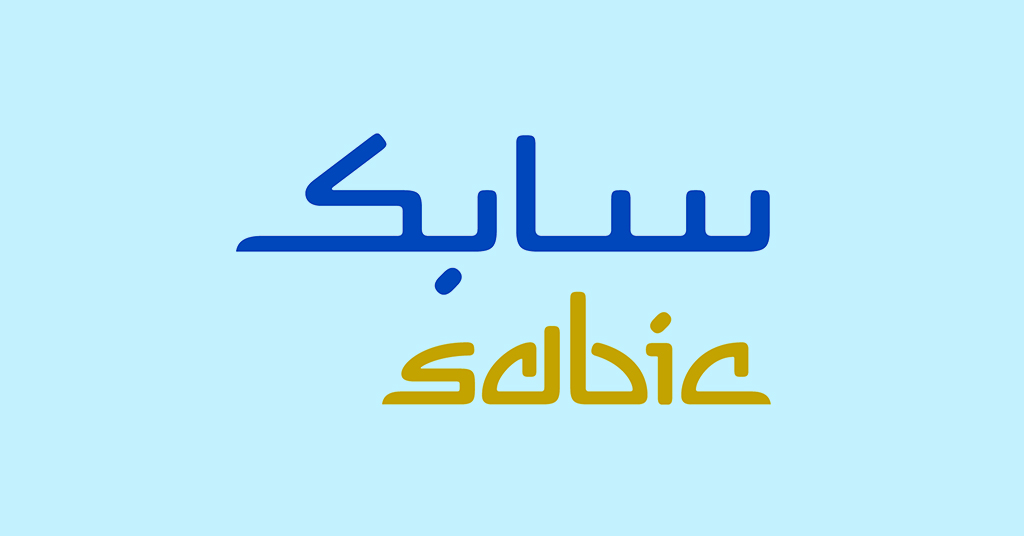Welcome To ChemAnalyst

Sabic, a leading global company, has embarked on a collaborative journey with three specialists in the in-mould labelling (IML) sector to showcase the application of certified renewable polypropylene (PP) resins in high-quality mono-PP thin-wall container packaging. The primary objective is to demonstrate that sustainability and quality can coexist seamlessly, without compromising the essential attributes of safety and convenience.
This innovative IML technology streamlines the decoration process by integrating the label directly into the injection mould. In doing so, the label becomes an integral part of the packaging itself, achieving a visually appealing and cost-effective decorative solution. This process utilizes dedicated label film types and high-definition printing technology to create an attractive, eye-catching finish.
Notably, both the moulded parts and the label film in this packaging solution utilize certified renewable PP resins. This approach not only enhances sustainability but also ensures that the resulting packaging can be efficiently recycled within existing rigid PP recycling streams.
Abdullah Al-Otaibi, General Manager of ETP & Market Solutions at Sabic, emphasized the growing demand for in-mould labelled packaging across various consumer market segments. This approach offers cost-effective and highly sustainable solutions. He highlighted the potential of this flexible decoration technology to create fully recyclable mono-material packaging without compromising shelf visibility or consumer appeal, all while reducing environmental impact and carbon footprint.
The label material for these IML containers is a biaxially oriented polyethylene (BOPP) film produced by Taghleef, a renowned supplier of film solutions. This film incorporates a Sabic certified renewable resin tailored to the BOPP process. BOPP films are commonly used in in-mould labelled injection moulding applications for various sectors, including food, dairy, beverages, home products, beauty, and personal care packaging.
Taghleef offers a range of transparent, white, and metalised PP label films, all of which can be produced using bio-based feedstock polymers. These films can also be customized to meet specific requirements for printing techniques, haptic textures, and visual appearances. This customization includes options such as glossy, matte, orange peel, velvet feel, or even a non-label appearance.
Monica Battistella, Sustainability Manager at Taghleef, emphasized that their BOPP film range for in-mould labelling provides brand owners with a wide array of premium packaging finishes that enhance brand differentiation and shelf visibility while minimizing environmental impact. The exceptional printability, die-cutting, anti-static, and non-stick properties of these films add value throughout the entire lifecycle of the labelled products, including end-of-life recycling.
As part of the collaboration, the final BOPP label film is supplied to Karydakis, a specialist in optimized printing techniques, ink formulations, and conversion technologies tailored to PP-based in-mould labels. Karydakis' advanced process ensures the delivery of high-quality labels with captivating designs and branding elements that seamlessly integrate with the containers during the moulding process.
Augustinos Kotronis, General Manager at Kotronis Packaging, highlighted the productivity benefits of IML, as it eliminates the need for separately applied adhesive labels. Furthermore, the renewable container material from Sabic adheres to international standards for food-contact applications and exhibits excellent processability, including high flowability for reduced wall thicknesses, contributing to reduced CO2 emissions and fossil consumption.
The innovative IML solution will be showcased at Taghleef's Booth 4C35 during Labelexpo in Brussels from September 11 to 14, offering industry professionals a firsthand look at the future of sustainable packaging and in-mould labelling.
We use cookies to deliver the best possible experience on our website. To learn more, visit our Privacy Policy. By continuing to use this site or by closing this box, you consent to our use of cookies. More info.
